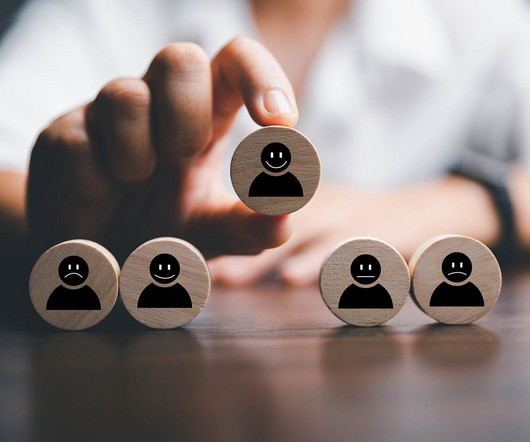Behind the Smiles: Mental Health in South Korea’s High-Pressure Society
Mad in America
APRIL 15, 2025
For example, insurance data reveals that propofol usage in medical institutions rose 12% in a single year, with only 15% of it being used under national health insurance coverage. In a society where education is often seen as the primary vehicle for success, becoming a doctor is regarded as the ultimate achievement.












Let's personalize your content